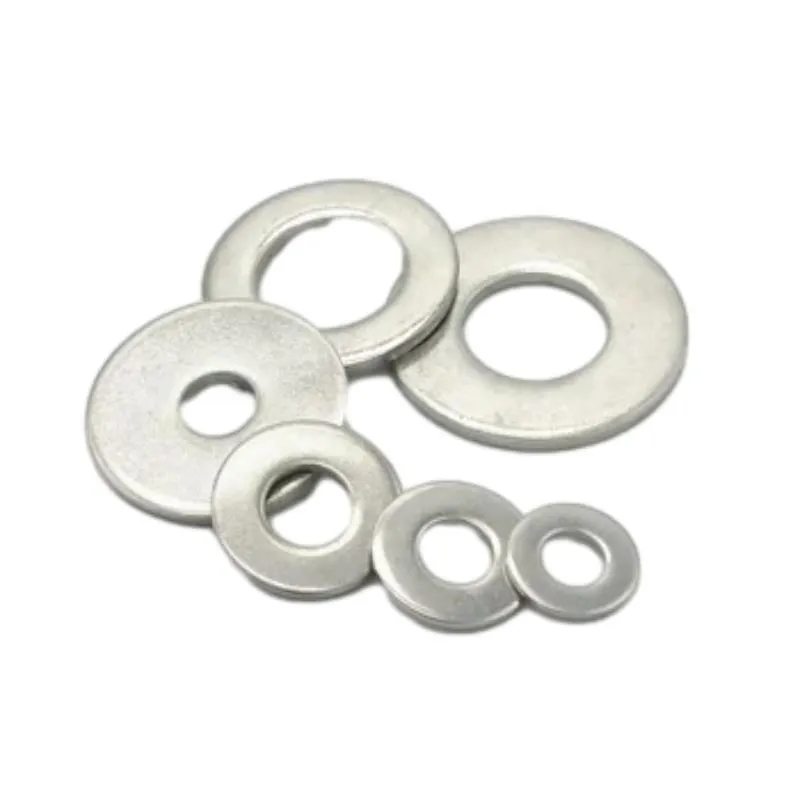Nov . 20, 2024 21:26 Back to list
special hex nuts
Understanding Special Hex Nuts A Comprehensive Overview
Hex nuts are a fundamental component in fastening technology, serving as an essential link in various mechanical and structural applications. Among the different types of hex nuts, special hex nuts are designed to meet unique specifications, enhancing the versatility and functionality of fastening systems. This article will explore the various types of special hex nuts, their applications, and the advantages they offer in various industries.
What Are Special Hex Nuts?
Special hex nuts are non-standard fasteners that differ from the traditional hex nut design to cater to specific requirements. Unlike standard hex nuts, which are commonly produced in a range of sizes and materials, special hex nuts can feature various dimensions, thread patterns, coatings, and materials to accommodate rigorous demands. These modifications make them ideal for specialized applications where conventional fasteners may fall short.
Types of Special Hex Nuts
1. Lock Nuts These nuts are designed to prevent loosening under vibration or torque. They come in various forms, including nylon insert lock nuts and serrated flange nuts. The nylon insert provides a snug fit that resists loosening, while serrated flange nuts feature teeth that grip the surface of the connected part.
2. Jam Nuts Jam nuts are thin hex nuts that are used in conjunction with a standard hex nut. When tightened together, they offer additional stability and security in fastening systems. Their reduced height allows for use in constrained spaces where standard nuts may not fit.
3. Coupling Nuts Designed for joining two male threads together, coupling nuts are longer than standard hex nuts. They facilitate the connection of threaded rods or pipes, making them essential in various construction and machinery applications.
4. Cap Nuts These nuts feature an enclosed end, providing protection to the threads while also enhancing safety by covering sharp edges. Cap nuts are often used in exposed applications where aesthetics and safety are a concern.
5. Wing Nuts With two wings on either side, wing nuts allow for hand tightening or loosening without the need for tools. Their design makes them ideal for applications where frequent adjustments are necessary.
6. Specialty Coated Nuts These nuts are coated with various materials to enhance corrosion resistance, reduce friction, or improve appearance. Common coatings include zinc plating, chrome, and various polymers, providing durability in harsh environments.
Applications of Special Hex Nuts
special hex nuts

Special hex nuts find applications across a wide range of industries, including
- Aerospace In aerospace applications, where weight and strength are critical, special hex nuts with unique designs and materials play a vital role in ensuring secure and reliable connections
.- Automotive Automotive manufacturers often utilize specialized hex nuts to reflect the safety and performance standards of modern vehicles. Lock nuts and coupling nuts are frequently found in this sector.
- Construction In construction, various special hex nuts are used to join structural components, ensuring stability and strength in buildings and infrastructures.
- Manufacturing Custom hex nuts support numerous machinery and equipment, allowing for tailored approaches to fastener solutions based on specific operational requirements.
Advantages of Using Special Hex Nuts
The benefits of using special hex nuts are manifold
- Customization The ability to customize dimensions, materials, and features ensures that the fastener meets the exact demands of a specific application.
- Enhanced Security Many special hex nuts feature designs aimed at preventing loosening, thereby enhancing the reliability of the fastening system.
- Improved Safety With features such as cap nuts that cover sharp edges and wing nuts that allow for quick adjustments, special hex nuts contribute to safer mechanical operations.
- Durability The use of specialized coatings and robust materials improves the longevity of hex nuts, making them suitable for arduous working conditions.
In conclusion, special hex nuts play a critical role in a variety of applications, offering a range of features that enhance their utility and effectiveness. Understanding the different types and their applications can help manufacturers and engineers select the right fasteners for specific needs, thereby enhancing safety, performance, and reliability across multiple industries. As technology progresses, the importance of specialized fasteners only continues to grow, paving the way for innovations in construction, automotive, aerospace, and manufacturing sectors.


